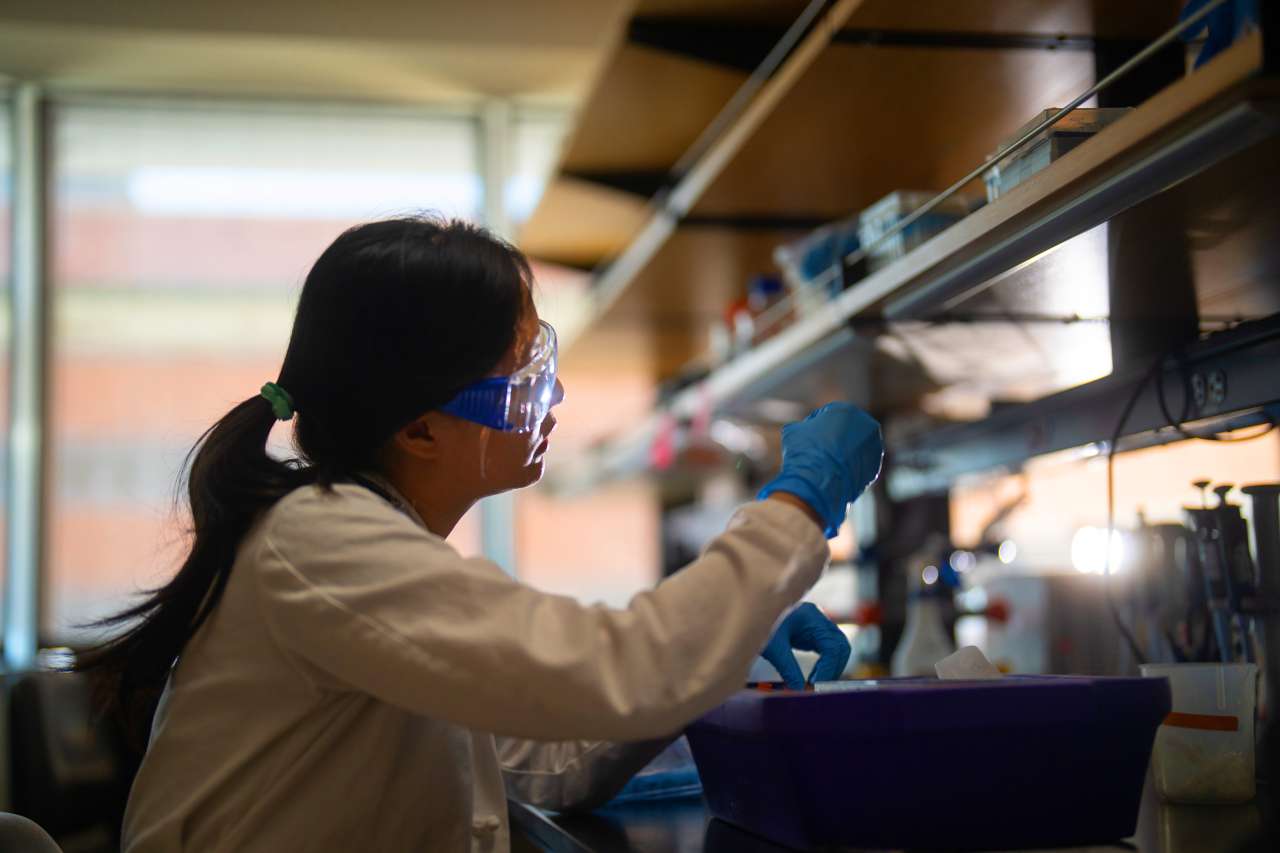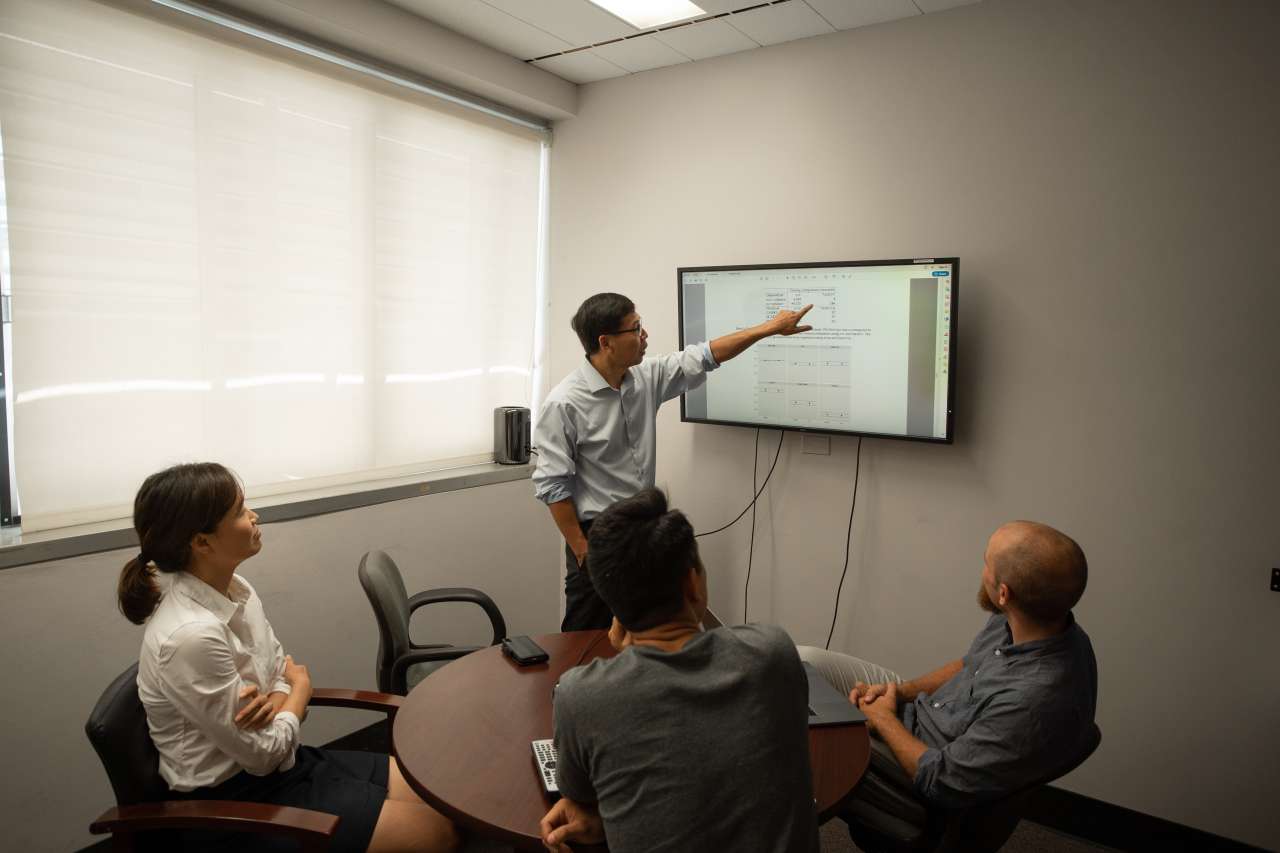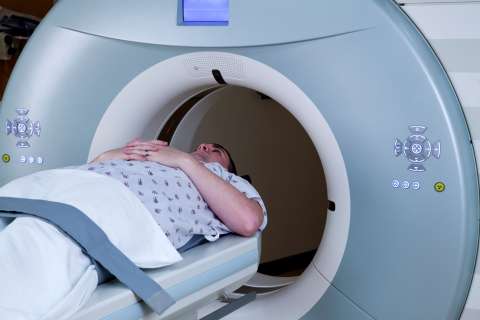SPORE In Prostate Cancer
The UCLA Health Prostate Cancer Program is a designated Specialized Program of Research Excellence (SPORE) site funded by the National Cancer Institute. The goal of the UCLA SPORE in Prostate Cancer is to contribute significantly to progress in the diagnosis, prevention, and treatment of prostate cancer. These aims are accomplished through multiple and varied research projects, both in basic science and population-based research, which can be rapidly translated into clinical applications. The SPORE also operates the Career Enhancement Program and the Developmental Research Program, through which the field of prostate cancer research will be expanded and new avenues of translational research are developed.
Find Your Care
The UCLA Health Prostate Cancer Program provides the best in experimental and traditional prostate cancer treatments.

About the SPORE
The UCLA SPORE in Prostate Cancer contributes significantly to progress in the diagnosis, prevention, and treatment of prostate cancer.
Meet the Team
The UCLA SPORE in Prostate Cancer includes clinicians, physician-scientists and basic researchers


Research Projects
Our research aims to rapidly translate laboratory discoveries to clinical applications.
Shared Resource Cores
The UCLA SPORE in Prostate Cancer is supported by three shared resource cores.


Funding Opportunities
The SPORE can support your work through our Developmental Research and Career Enhancement programs.
Lecture Series & Conferences
Join us for our conferences and our Genitourinary Oncology Leaders in the Field lecture series.

Prostate Cancer News & Insights




UCLA Health Prostate Cancer Program
The UCLA Health Prostate Cancer Program is part of the Institute of Urologic Oncology and offers the latest treatments with personalized, empathetic care.
